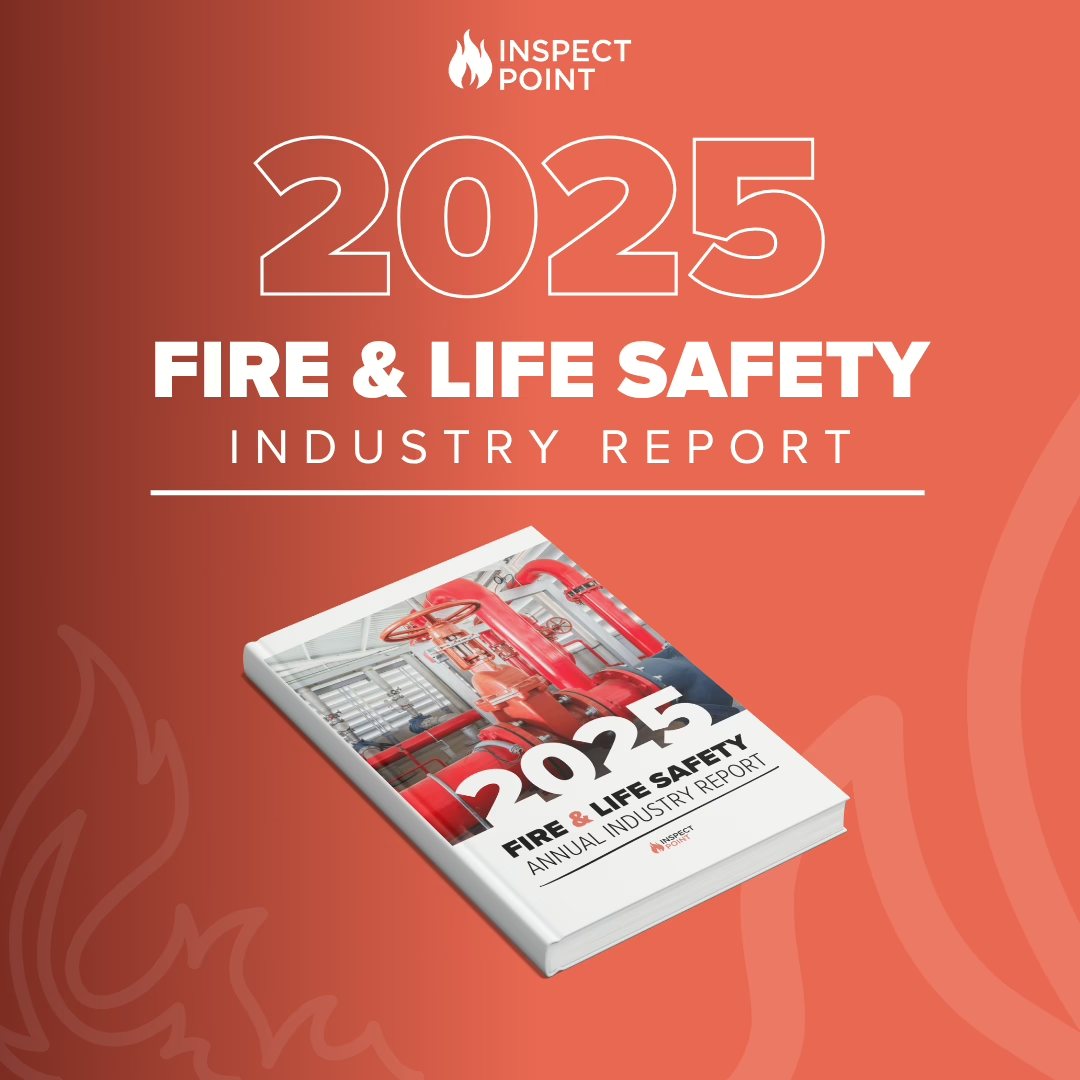
When you think of the world of fire safety and fire protection, the first thing that might pop into your mind is a firefighter. When there’s a health and safety hazard, like a fire, firefighters are the first responders; they’re who we look to for help. But there is so much more to the world of fire and life safety. There are folks who design fire suppression systems like fire sprinkler and fire alarm systems. There are folks who make sure the buildings we work in meet the building codes set by the National Fire Protection Agency (NFPA). And there are folks we call fire protection engineers. Have you heard of them before? So, what is a fire protection engineer, exactly? Well, let’s take a look!

What Does a Fire Protection Engineer Do?
You can probably guess fire protection engineers work to help protect people from fires, but so does a firefighter. So then, what does a fire protection engineer do day-to-day? Well, the Society of Fire Protection Engineers (SFPE) says that to be a fire protection engineer is to use “the application of science and engineering principles to protect people and their environment from destructive fires.”
Their duties include:
- Analyzing fire hazards
- Mitigating fire damage by proper design; construction arrangement; and use of building materials, structures, industrial processes, and transportation systems
- Designing, installing, and maintaining fire detection and suppression systems, as well as communication systems
- Investigating and analyzing fire incidents
In the most basic sense, a fire protection engineer’s job is to know the science behind the cause of fires. They apply this knowledge to the safe design and construction of private and public buildings. In addition to helping to design buildings for safety, they might also aid in maintenance or inspection for the fire protection and prevention systems.

What Kind of Degree or Education Do You Need to Be a Fire Protection Engineer?
What is the process to become a fire protection engineer? Fire protection engineers need a 4-year Bachelor of Science (B.S.) in Fire Science or Fire Engineering. Many people have experience beyond this, beginning as firefighters or in a related fire safety role. In addition to general fire science degrees, there are some more specific to fire protection engineering.
Here is a list from the SFPE of accredited Universities that offer programs in Fire Protection Engineering–in the United States and around the world. While degrees in Fire Science and Fire Engineering are widely available, only certain universities offer courses specifically for fire protection engineers.

Apart from earning your degree, you’ll also need to earn your Professional Engineering (PE) license. This exam is facilitated by the National Council of Examiners for Engineering and Surveying (NCEES). The PE exam is slightly different for each type of engineering, but you can expect a couple of thing for the PE exam in Fire Protection Engineering:
- The exam can take up to 8 hours
- The exam consists of 80 multiple choice questions
- The exam is given once per year in October (see schedule)
So, what is a fire protection engineer? They’re fire safety professionals!
The exam features the following subjects:
- Fire Protection Analysis
- Fire Protection Management
- Fire Dynamics
- Active and Passive Systems
- Egress and Occupant Movement
However, your training and education don’t stop once you obtain your license. You might ask, “What is a fire protection engineer supposed to do for continuous education?” The field of fire science is always evolving and expanding. That’s why fire protection engineers are required to attend workshops and classes to keep their education up to date and obtain a certain number of continuing education credits each year.

What Is a Fire Protection Engineer Responsible For?
A fire protection engineer is well-versed in safety, engineering, and technology. They also understand fire protection systems and safety codes. What types of job might a fire protection engineer perform? A fire protection engineer can be responsible for:
- Examining building design plans
- Performing hydraulic analysis of sprinkler and other fire safety systems
- Researching the behavior of fire under specific conditions
- Visiting industrial facilities to inspect premises and provide recommendations
Fire protection engineers may also work in outdoor environments where their duties differ. Engineers working in outdoors might:
- Work with wildland firefighters, park rangers, and foresters to ensure forest fire safety
- Ensure rural firefighters and safety professionals have the right fire equipment for emergency situations
- Source products and materials to control or mitigate wildfires

What Kind of Jobs Do Fire Protection Engineers Have?
Of course, being a fire protection engineer isn’t the only path for someone with a Fire Science or Fire Protection Engineering degree. There are many hats that folks with these skills might wear because their knowledge and expertise are so valuable and versatile. A few other professions a person with training and education in fire protection engineering might take on include:
- Work with government agencies
- Work with research labs and forensic investigation
- Work in public buildings, like hospitals and schools
- Work with insurance companies
Of course, there are many other options beyond these. The skills and knowledge that a fire protection engineer has are an invaluable resource. They’re the reason we can rely on the fire safety systems in the schools we send our children to, the offices we work in, and the hospitals we receive medical care in.

Fire Protection Engineers as Fire Safety Professionals: Using their Expertise to Keep us Safe
So, what is a fire protection engineer? They’re fire safety professionals! Of all the different hats that fire protection engineers wear, the most important is keeping the public safe. They work hard to make sure our schools, offices, and other public buildings are better equipped to prevent an emergency than ever before. Beyond that, they make sure that when we do encounter those emergencies that we’re prepared for it, systems work properly to minimize the damage, and people are as safe as possible. In the most basic sense, you can thank a fire protection engineer for the fact that you’re not on fire right now.

